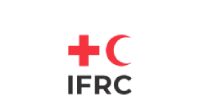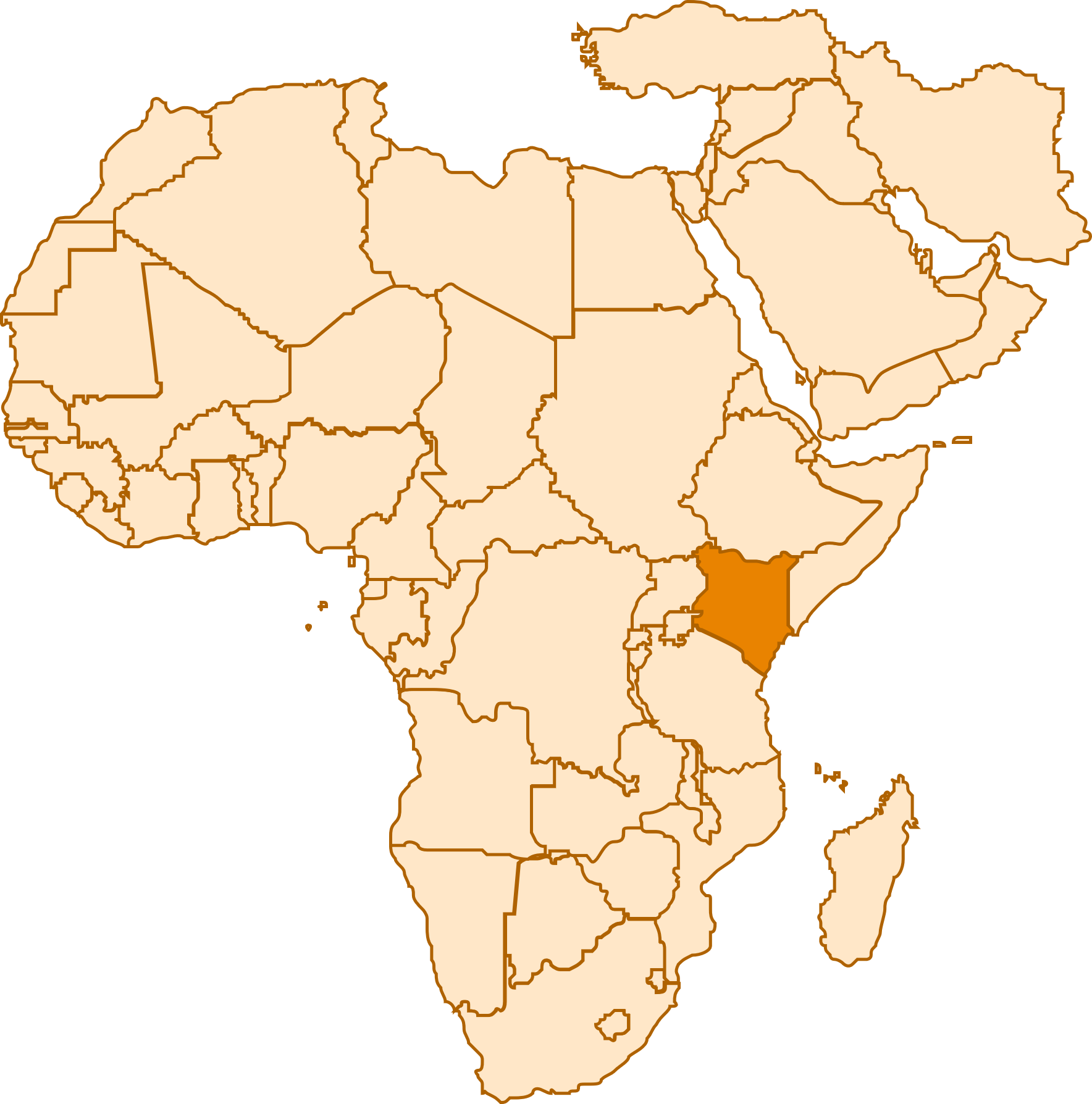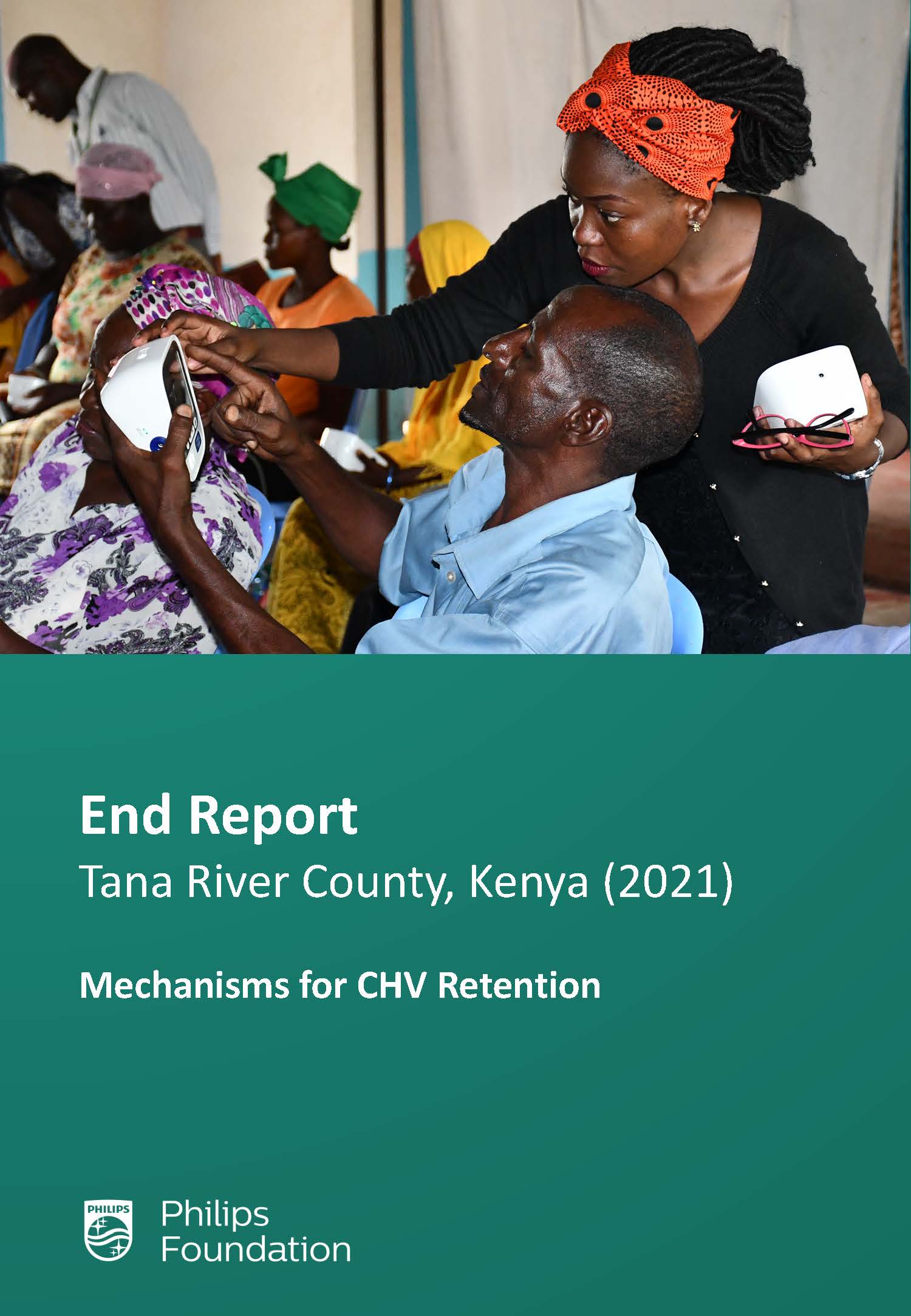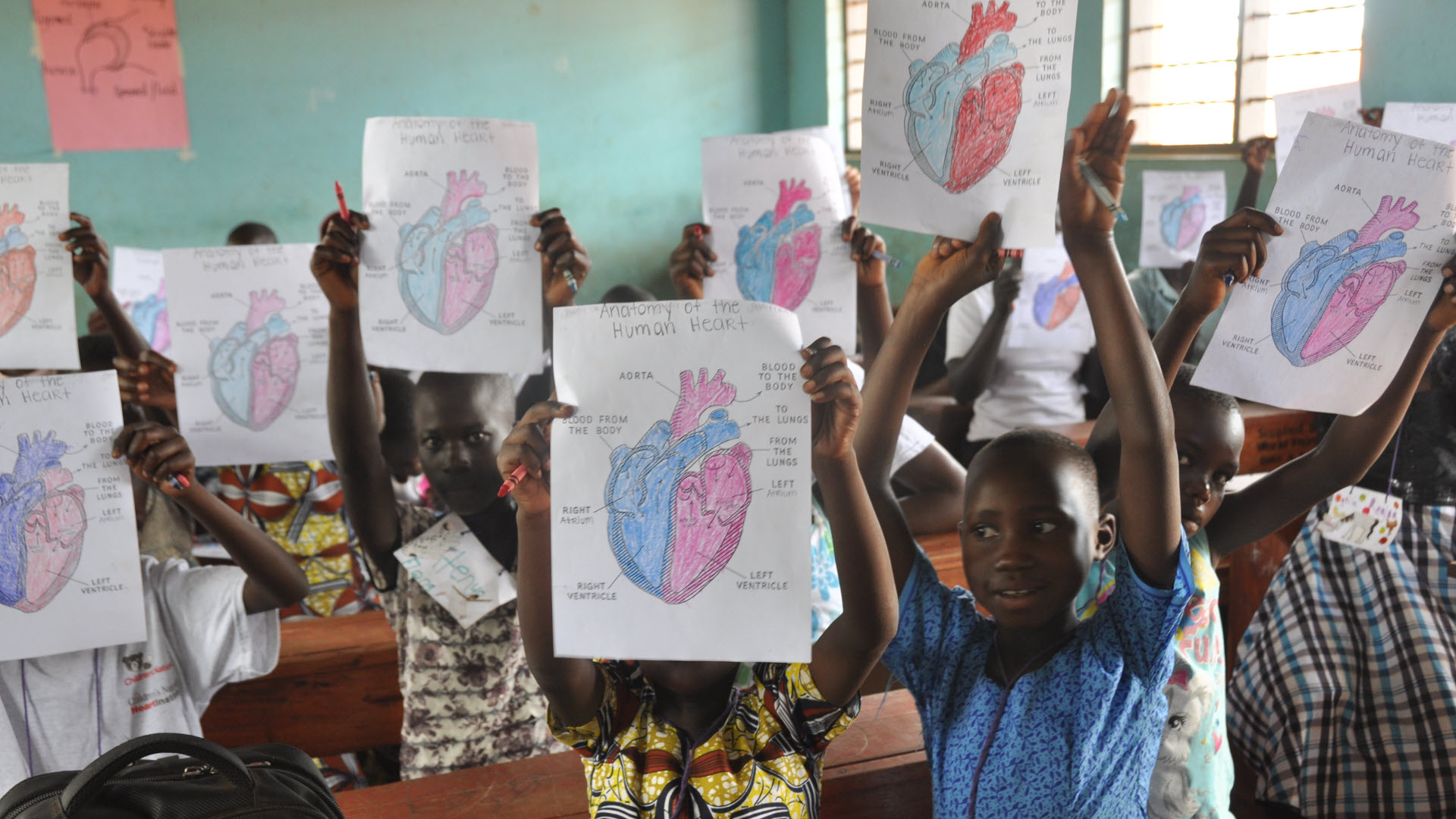Learnings and next steps
- A desire and passion to assist the community, encouragement by community members, hope for career advancement, recognition in the community, and receiving a salary, stipend or token, were the main motivations to become a CHW.
- Outreach kits ranked highly as a motivator across all study groups, and highest among other incentives for those who had received them. This was driven by the effects of the Outreach kits on capacity building, expansion of the role of CHWs, enhanced credibility and community trust, and enhanced flexibility in the work of CHWs.
- Providing alternative skills that can be applied to generate income reduced the need for CHWs to leave the system to pursue revenue generating opportunities. The study found that mentorship on crop and livestock farming were selected most by CHWs from the range of skill enhancement opportunities offered.
The study has now been concluded and results disseminated with Red Cross entities county stakeholders involved in it. Philips Foundation endorses the positive results of empowering community health workers with tools, technologies, and skills that enable them to perform more advanced tasks, boost their motivation and increase their capacity to help bridge existing health gaps.







